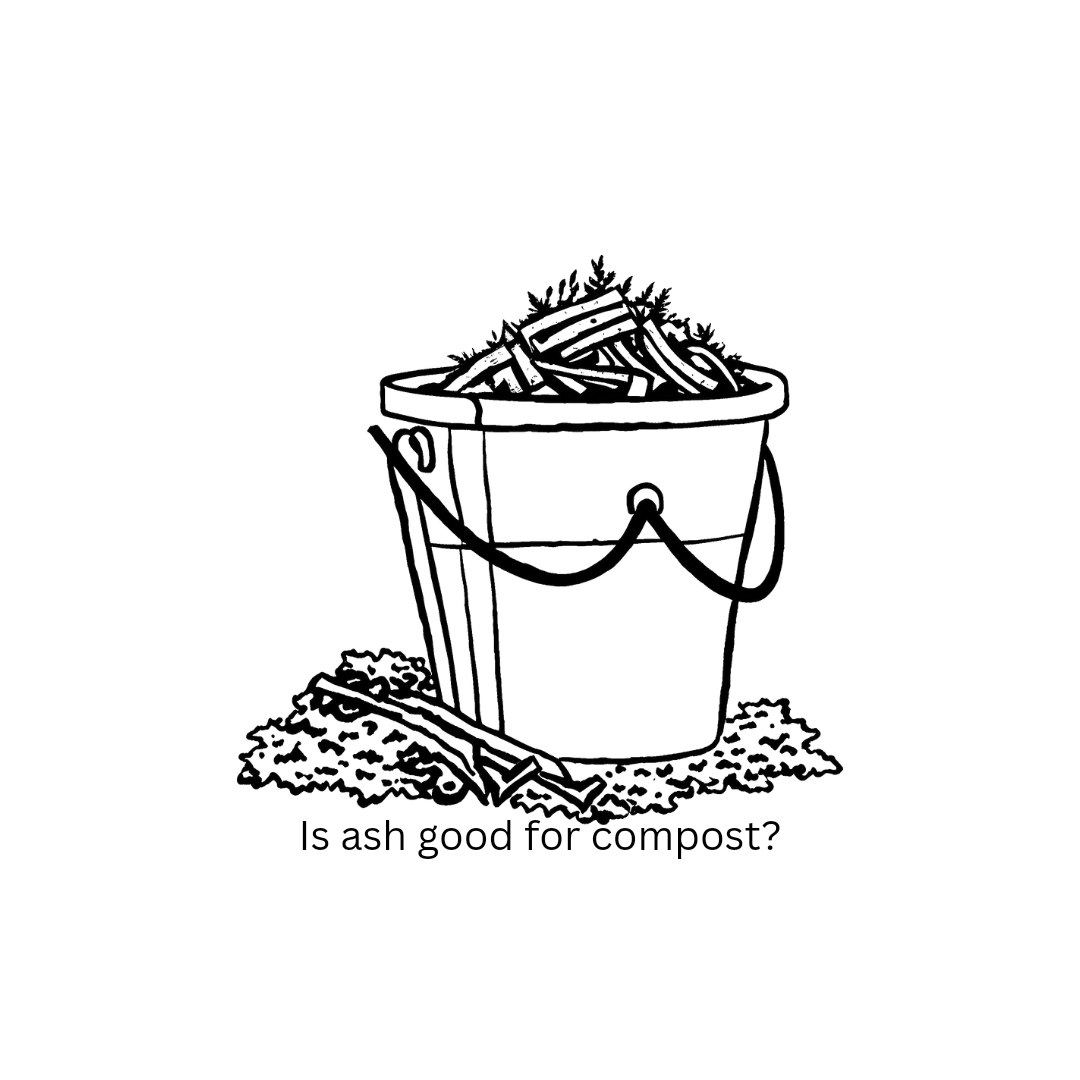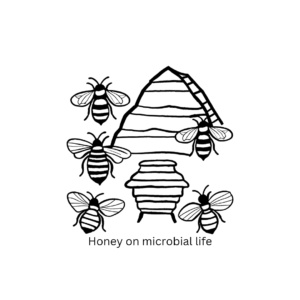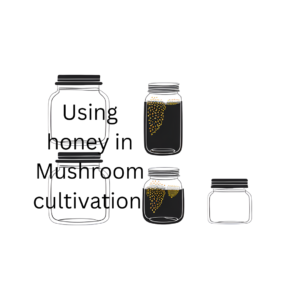Ash is often thought of as a waste product, but when used correctly, it can be a valuable addition to your compost pile. Whether you’re looking to balance pH, add nutrients, or improve the quality of your compost, wood ash can provide several benefits. However, it’s important to understand how to use it properly to avoid any negative effects on your compost and plants. In this article, we’ll explore the benefits, proper usage, and precautions to take when adding ash to your compost pile.
Types of Ash and Their Effects
There are two main types of ash: wood ash and coal ash. Only wood ash is suitable for composting, and coal ash should never be used. Coal ash contains harmful chemicals and heavy metals that can be toxic to plants and soil life.
Wood Ash
Wood ash comes from the combustion of wood or other organic materials. It is rich in potassium, calcium, and trace elements such as magnesium and phosphorus, which are essential for plant health. Wood ash is especially useful in compost piles because it can help balance the pH, improve nutrient content, and promote plant growth when added correctly.
Coal Ash
Coal ash, on the other hand, should be avoided. It contains heavy metals, toxins, and pollutants that can harm your compost pile and even contaminate your garden soil. Always ensure that you’re using wood ash and not ash from other sources.
Benefits of Adding Wood Ash to Compost
1. Improves Nutrient Content
Wood ash is a great source of potassium, an essential nutrient for plant growth. Potassium helps improve root development, disease resistance, and overall plant vigor. It can also enhance fruit and flower production, making it a valuable addition to compost for gardeners looking to boost plant health.
2. Raises pH Levels
Wood ash can help neutralize acidic compost. Many compost piles, especially those with a high proportion of “greens” (nitrogen-rich materials), can become too acidic. By adding wood ash, you can raise the pH to a more neutral level, making the compost environment better for beneficial microbes and accelerating decomposition.
3. Provides Trace Minerals
In addition to potassium, wood ash contains small amounts of other important nutrients like calcium, magnesium, and phosphorus. These minerals are vital for plants and can help improve the structure and fertility of your garden soil.
4. Helps Improve Drainage
Ash can help improve the structure of heavy, clayey compost by increasing drainage and aeration. This is particularly useful in compost piles that retain excess moisture or become compacted.
How to Use Wood Ash in Your Compost Pile
While wood ash offers several benefits, it’s important to use it in moderation. Here’s how to add it to your compost pile correctly:
1. Use in Moderation
Too much wood ash can make your compost too alkaline, which can slow down the decomposition process and harm plants. A general guideline is to add no more than 5-10% ash by volume to your compost pile.
2. Mix Ash Thoroughly
Spread the ash evenly across your compost pile and mix it well. This prevents clumps from forming, which could restrict airflow and hinder the composting process.
3. Balance with Other Materials
Ensure that your compost pile has a good balance of “greens” (high-nitrogen materials like vegetable scraps) and “browns” (high-carbon materials like leaves and straw). Ash, being alkaline, can offset the balance, so make sure to monitor your compost’s overall mix.
4. Monitor pH
If you’re unsure about the pH of your compost, it’s a good idea to test it periodically. The ideal pH range for compost is between 6.0 and 8.0, so adding wood ash can help raise the pH if your compost is too acidic.
Precautions to Take
Avoid Coal Ash: Never use coal ash in your compost pile. It may contain harmful chemicals, such as arsenic, lead, or mercury, which can negatively impact plant health and soil quality.
Don’t Overuse: Wood ash is rich in nutrients, so adding too much can lead to an excess of potassium and calcium, which may disrupt the nutrient balance in your compost. Stick to small amounts and check your compost regularly for any signs of imbalance.
Test Your Compost pH: Since wood ash raises the pH of your compost, it’s important to monitor the pH level, especially if your compost contains acid-loving plants. Over time, adding too much ash can make the compost pile too alkaline, which may slow decomposition.
Conclusion
Wood ash can be a beneficial addition to your compost pile, offering key nutrients like potassium, calcium, and trace minerals that promote healthy plant growth. It also helps balance the pH and improve the structure of the compost. However, it’s essential to use it in moderation and ensure you’re not making your compost too alkaline. By following the proper guidelines, you can turn wood ash into a valuable resource for your garden, enhancing the quality of your compost and supporting plant growth in the long run.




